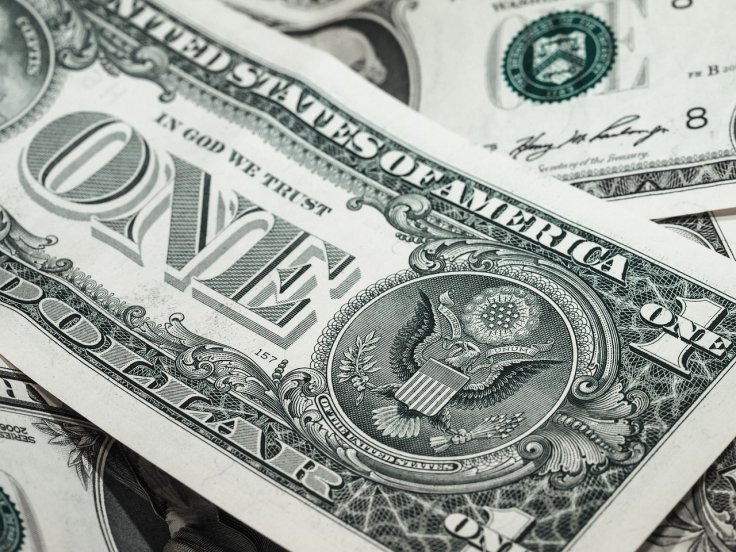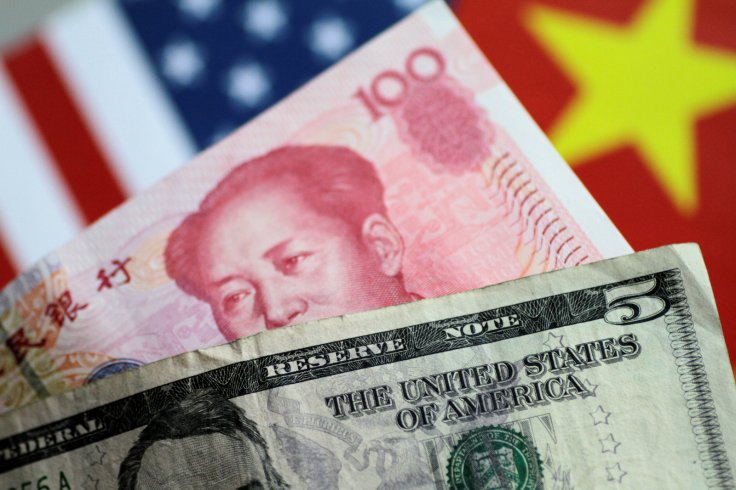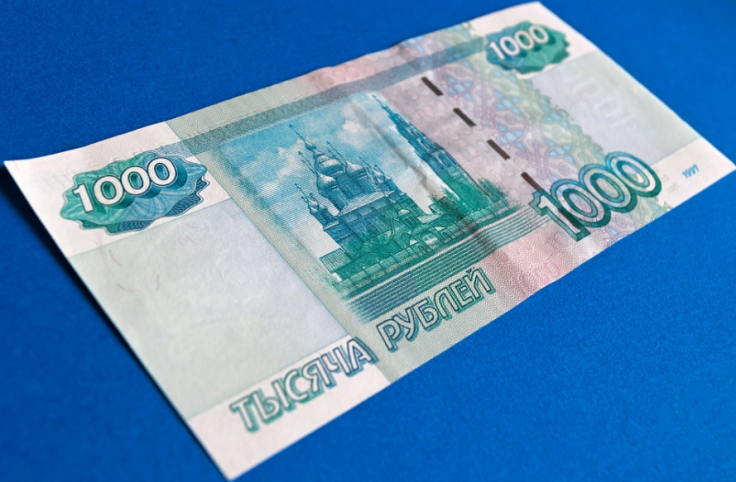The rampant use of the US dollar as a financial weapon has long-term consequences, and the strategy will ultimately harm the US, analysts and financial leaders have pointed out.
Sanctions against Russia over the Ukraine war are most likely to backfire on the US and undermine the dollar's dominance in the world economy over the long term, the International Monetary Fund (IMF) has said.
Unprecedented Financial Sanctions
The US and its western allies rolled out unprecedented financial sanctions on Russia in the aftermath of the invasion of Ukraine in late February. However, the punitive action against Russia will gradually dilute the dominance of the US dollar and result in a "more fragmented international monetary system" Gita Gopinath, the deputy managing director of IMF, said.

The tough sanctions against Russia included the unprecedented restrictions imposed on the Russian central bank. But such moves could encourage the emergence of small currency blocs based on trade between separate groups of countries, Gopinath told the Financial Times.
"The dollar would remain the major global currency even in that landscape but fragmentation at a smaller level is certainly quite possible ... We are already seeing that with some countries renegotiating the currency in which they get paid for trade," Gopinath added.
She observed that in the face of the sweeping Russian sanctions, some countries are renegotiating the currency in which they are paid for trade wth Russia. For example, Russia and India are mulling a rupee-ruble mechanism that would facilitate the trading of oil, fertilizers and even weapons.
Diversification of Reserve Assets
The IMF top executive observed that as more countries use other currencies in global trade, the result will be a further diversification of the reserve assets.

"Countries tend to accumulate reserves in the currencies with which they trade with the rest of the world, and in which they borrow from the rest of the world, so you might see some slow-moving trends towards other currencies playing a bigger role [in reserve assets]," Gopinath said.
Gopinath, however, said the Chinese yuan is unlikely to replace the US dollar as the reserve currency. "That would require having full convertibility of the currency, having open capital markets and the institutions that can back [them]. That is the slow-moving process that takes time, and the dollar's dominance will stay for a while," she said.
In mid-March, Saudi Arabia announced a huge policy shift when it said was exploring the chances of pricing some of its oil sales to China in yuan, sidestepping the US dollar.
"The dynamics have dramatically changed. The US relationship with the Saudis has changed, China is the world's biggest crude importer and they are offering many lucrative incentives to the kingdom ... China has been offering everything you could possibly imagine to the kingdom," a Saudi official reportedly told the WSJ, underlining the fact that more countries are willing to undercut the US dominance of the oil market forever.
Unlike trade sanctions, financial sanctions carry lethal firepower and can doom the econmies of the targeted countries. However, the efficacy of these sanctions is predicted on the status of the US dollar as the currency for international payments and foreign-exchange reserves.

However, the use of the dollar as a financial weapon has long-term consequences, analysts have pointed out. The overuse of financial sanctions using the dollar's preeminence will force other major economies to diversify investments into alternative currencies, Zongyuan Zoe Liu, a fellow for international political economy at the Council on Foreign Relations, told Reuters.
"The more we use it, the more other countries are going to diversify due to geopolitical reasons," he added.
Bank of America analysts also agreed with the view. "US dollar debasement (is the) ultimate outcome as dollar weaponized in new era of sanctions," it said in an analyst note this week.








